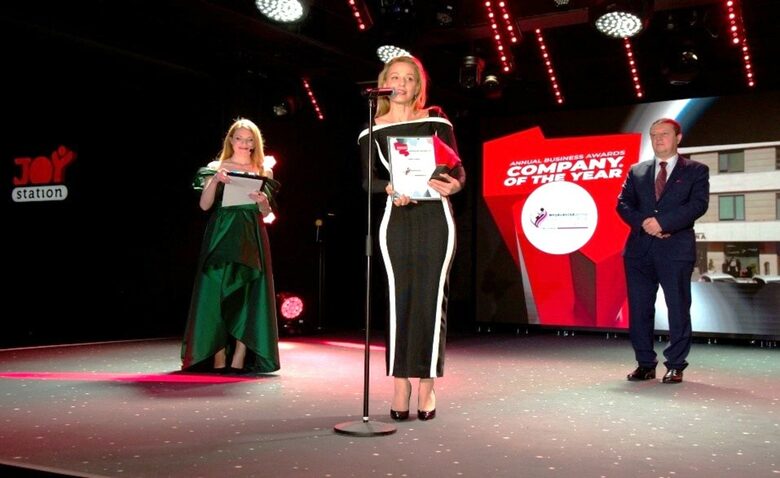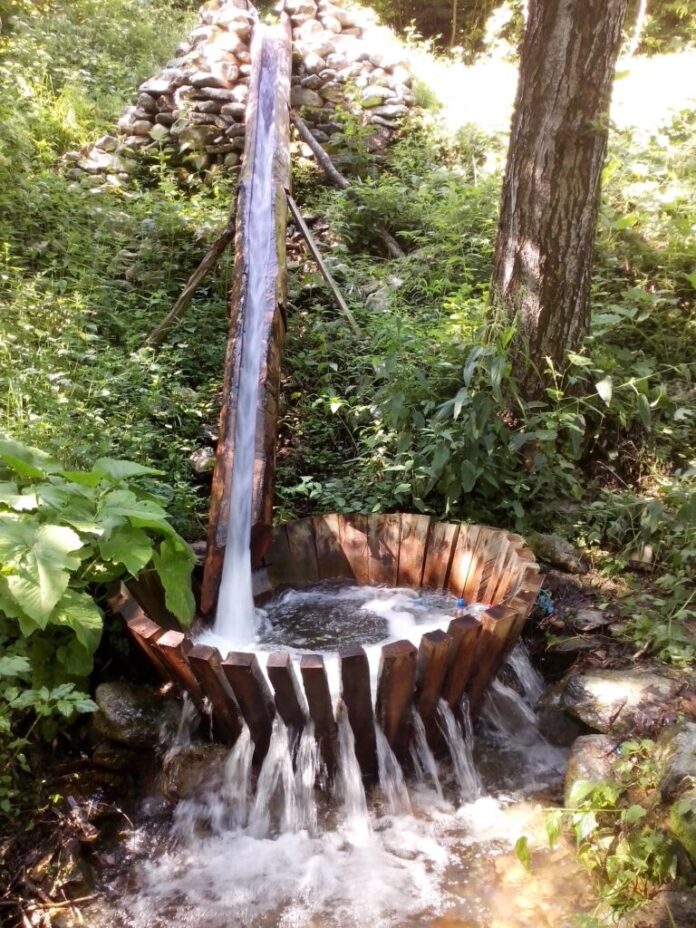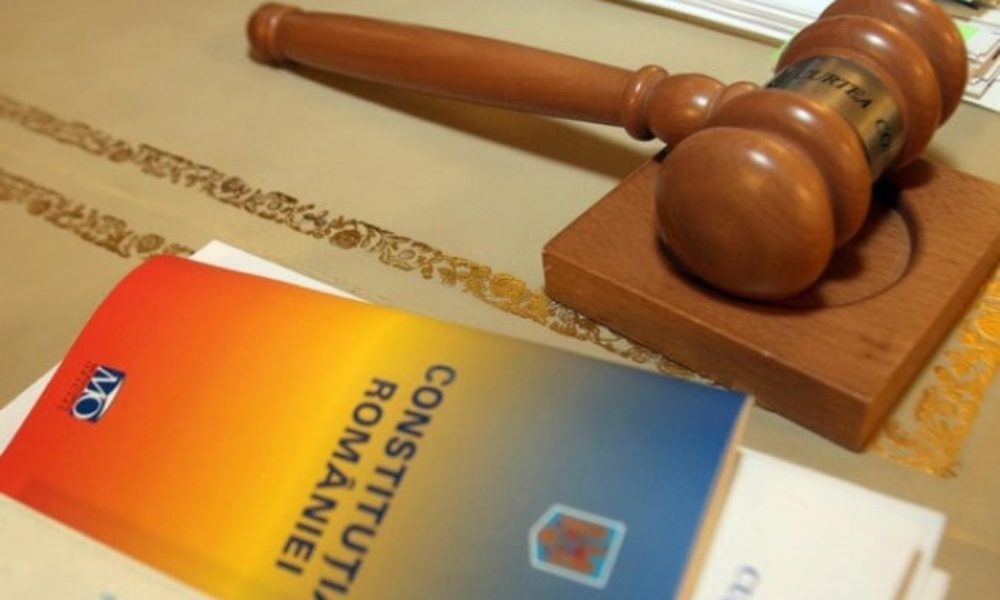In the trap of sexual exploitation: A Bulgarian tells

After two years of forced prostitution, mental and physical harassment, she finds a way to escape from her abusers and return to Bulgaria. In front of Deutsche Welle, a Bulgarian tells:
At 19, Maria* is involuntarily trapped in sexual exploitation. He went to Greece with the idea of becoming an egg donor. « I was told I would give eggs, and they made me a prostitute, » the victim told the SG.
A year later, Maria finds herself in a country in Western Europe, where she is again forced to sell her body. Her pimp is a close relative. « If I was making him a little, he started beating me. If I made him more, he was beating me again, » the young woman says and lifts the sleeve of her T -shirt to show the still visible signs of violence.
After two years of forced prostitution, mental and physical harassment Maria gathers the courage to escape. A social worker comes to her help and she filed a complaint with the police. As a result, the young woman was sheltered in a crisis center and later returned to Bulgaria.
From false ads to slavery: the new methods of traffickers
« Unfortunately, we run the charts. On the export of humans Bulgaria is a country of origin, that is, people are recruited and exported abroad for operation, » explains Monica Nikolova, head of the Bulgarian office of the International NGO A21, whose field of activity is the fight against trafficking in human trafficking.
The most popular types of exploitation are labor and sexual, with traffickers often being able to attract their victims through appetizing job ads that are subsequently fake. « Many years ago, it was known that they were using many gross methods – abduction, physical violence in the initial phase. Now traffickers use softer methods. The truth is that access to social networks and the online space facilitates traffickers to reach us, » Nikolova says.
It adds that in recent years Bulgaria has become a country for citizens from poorer countries looking for legal work. However, by arriving, they fall into an enchanted circle – they take away their documents, limit their free movement, do not receive the promised pay, work more than agreed, sometimes they become the subject of violence.
A21 Foundation saves people from invisible slavery
« In the 21st century, 50 million people have been a victim of traffic – these are 50 million slaves. 1% will ever be saved, » notes Monica Nikolova. One of the main areas on which the Foundation’s work is focused is the rescue of victims.
A21 manages the national telephone line for human trafficking (0800 20 100). « We get a variety of hotline signals. It works 24/7 and is completely anonymous. Citizens and casualties can call if they are in Europe, » Nikolova explains. The telephone line also serves as a tool for directing traffic victims to a number of services such as crisis accommodation, legal and medical care, social and therapeutic activities.
The Foundation’s Day Care Center in Sofia also offers this type of service, which enables the rescued victims of sexual exploitation to acquire different skills in order to restore and safe reintegration in society. « The trauma is deep – especially in sexual exploitation, especially if the victim was operated for a longer time. The injuries are complex there, there are also health problems. It takes a long time to recover, » explains the director of A21.
For Maria, the Day Care Center is a safe place. There she attends a psychologist and various courses for functional literacy. With the help of the foundation, he also managed to find a job in a candle and ceramics studio, and the products themselves are then sold on charity bazaars. The young woman shares that the work satisfies her and makes her feel calm because it helps other people in need. « It’s better for me because I work and make money with honest work – I don’t sell my body, » Maria adds.
The A21 Foundation is also involved in prevention through various information campaigns in order to increase public attention to this often remaining problem in the periphery. « We have many resources to understand how to protect themselves and their loved ones. Children are actually very vulnerable to being exploited online. We also make many presentations in schools, universities, » says Monica Nikolova.
The trial against traffickers and challenges to their victims
When it comes to cross -border trafficking in human beings, traffickers are conducted in the country of operation. This is the case of Maria. « They wanted to stop the case last year, but they couldn’t because I appealed. There was not so much evidence. From abroad and from Bulgaria I have a medical, » says the disappointed victim. Recently, he had to testify again.
According to Monica Nikolova, it is the victim’s testimony that is key in the court processes. « If they were in a romantic relationship, the victim could initially say that she was operated. At one point, however, she may be afraid of her fear and change her testimony, which makes it more difficult to prove that the person is a trafficking and operated it, » Nikolova explains.
Between judgments and efforts to recover from the trauma experienced, as well as for reintegration in society, the victims of traffic often trust in the hope of justice. For Maria to give up on seeking her rights is just not an option: « I want to condemn him to life and other girls not to go through the same thing as me. If they still survive this, let them have the courage to rebel against their abusers. »
The national telephone line for combating human trafficking is 0800 20 100.
*For security reasons, the name of the victim of sexual exploitation in the text has been changed.



/s3/static.nrc.nl/images/gn4/stripped/data133536761-02d904.jpg|https://images.nrc.nl/sbayH2Godc0UgUYqy-s_UuSa3ng=/1920x/filters:no_upscale()/s3/static.nrc.nl/images/gn4/stripped/data133536761-02d904.jpg|https://images.nrc.nl/4CxkR_Aon--5R84ZlEiFIRxibnw=/5760x/filters:no_upscale()/s3/static.nrc.nl/images/gn4/stripped/data133536761-02d904.jpg)


